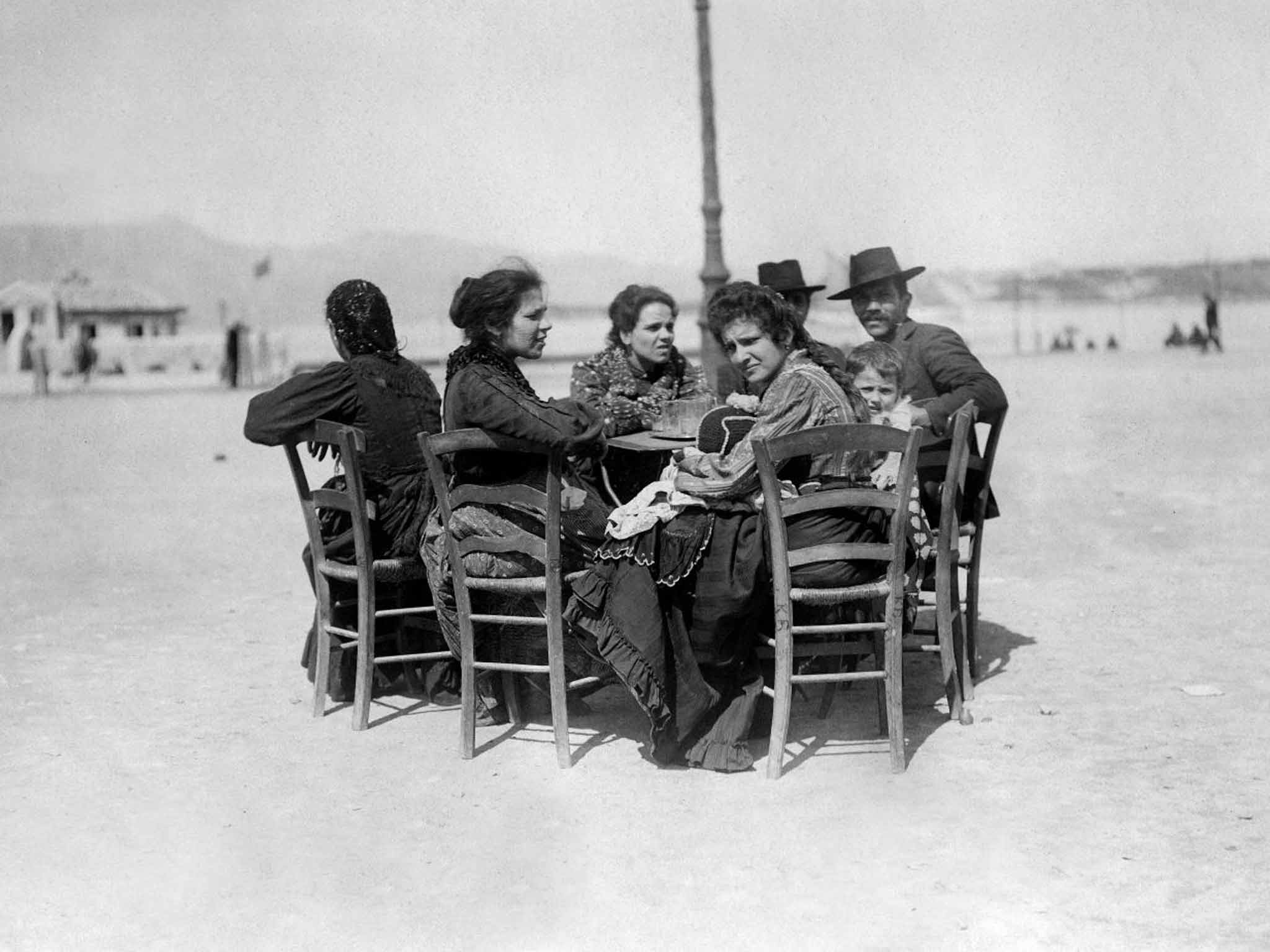The original Grexit: Greece has form when it comes to leaving a single currency – it happened in 1908
In the 19th century, Greece joined a European monetary union - a proto-euro - but was pushed out because of what it owed. Ben Chu wonders if history will repeat itself

Your support helps us to tell the story
From reproductive rights to climate change to Big Tech, The Independent is on the ground when the story is developing. Whether it's investigating the financials of Elon Musk's pro-Trump PAC or producing our latest documentary, 'The A Word', which shines a light on the American women fighting for reproductive rights, we know how important it is to parse out the facts from the messaging.
At such a critical moment in US history, we need reporters on the ground. Your donation allows us to keep sending journalists to speak to both sides of the story.
The Independent is trusted by Americans across the entire political spectrum. And unlike many other quality news outlets, we choose not to lock Americans out of our reporting and analysis with paywalls. We believe quality journalism should be available to everyone, paid for by those who can afford it.
Your support makes all the difference.How do you make a Maltese cross? Tell him how much a Greek urns. Substitute Malta for Germany, Holland or Finland and that old joke more or less sums up today's stand-off in the eurozone.
Greece is drinking Ouzo in the single currency's last-chance taverna. The northern European states think (rightly or wrongly) that Greek workers have been living it up at their expense, retiring too early, paying themselves too much, handing over too little tax etc.
The Mediterranean country's creditors want cast-iron pledges of better behaviour before they'll hand over the cash that Athens desperately needs to pay its bill. Greece's left-wing administration is digging in its heels at some of these demands, refusing to impose what it sees as further unreasonable austerity on a population that has already been through a slump as severe as America's Great Depression. Not reaching an agreement in the coming few weeks will prompt Greek default on its debts, bank runs and, in all likelihood, a messy exit from the single currency.
The ironic thing is, though, that Greece has been in a rather similar position before, around 107 years ago. Before the euro there was the Latin Monetary Union. It was formed in 1866 by Belgium, Italy and Switzerland, with France as the dominant force (Britain didn't join). These "Latins" agreed to make their currencies freely interchangeable at a fixed exchange rate to facilitate trade and foster monetary stability.
Just as with the euro, Greece was a late entrant (1868), and should never have been allowed across the threshold. "In no sense was she a desirable member of the league," wrote the historian Henry Parker Wills in 1901. "Economically unsound, convulsed by political struggles, and financially rotten, her condition was pitiable."
Part of the problem was that there was a lot of goodwill towards Greece from the rest of Europe in the 19th century. It was seen as a beacon of romantic nationalism, having managed to throw off the oppression of the Turkish Ottoman Empire in 1832. Lord Byron, one of the greatest celebrities of the age, had died fighting for Greece's independence. Napoleon III (Bonaparte's nephew) also wanted Greece in the bloc because it would further his ambitions for French leadership in the Mediterranean.
"Like Napoleon I, he wished to become a lawgiver to foreign nations, and regarded it as an aid to French influence abroad that the monetary unit and the monetary standard of France should be imposed upon outside states as the best that could be devised," wrote Parker Wills. As with Greece's entrance to the euro in 2001, sentiment and politics trumped economics.
For Greece itself the motivation to join was strikingly similar, too. Greece's King George I thought that joining the currency bloc would help modernise the domestic economy and lower its cost of borrowing on the international credit markets. Yet once Greece was admitted into the LMU, things didn't change. Athens over-borrowed and was lax in collecting tax. Another war with Turkey ruined the state's finances. And rather than adhering to the single currency rules, Athens' politicians debased its currency by steadily reducing the amount of gold in the coinage in order to pay the country's bills.
The other nations of the bloc imposed an "International committee for Greek debt management" to try to force the Greeks to behave responsibly (the forerunners of today's "Troika" officials from the European Commission, the European Central Bank and the International Monetary Fund). But to little avail. Greece was finally ejected by the rest of the club in 1908 for all its recidivist behaviour.
To be kicked out of one European monetary club might be considered a misfortune. But two? There's a twist, though. Greece was re-admitted to the LMU in 1910 after managing an impressive turnaround in economic management. Yet one would be hard pushed to find a serious eurozone analyst who expects any way back for Greece if it crashes out of today's single currency. "Grexit" this time promises to be for keeps.
Join our commenting forum
Join thought-provoking conversations, follow other Independent readers and see their replies
Comments